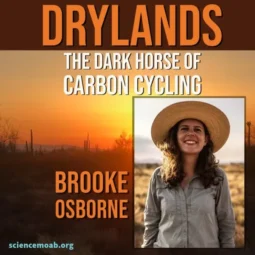
On today’s show, we hear an interview aired by our sister community radio station’s program, Science MOAB. Ecologist Brooke Osborne talks about how dryland ecosystems – such as the grasslands east of Boulder – influence the whole planet’s ecosystem. These ecosystems cover 40% of the earth’s surface; they support a third of the planet’s human population, and their roots store lots of carbon. That happens through a something called the carbon cycle and carbon sequestration, which moves carbon from the atmosphere into the soil and the roots of plants. Grasslands store a lot of carbon, but they’re vulnerable to climate change and human uses such as overgrazing and aggressive land management. You’ll learn more about this crucial ecosystem, from Ecologist Brook Osborne.
Executive Producer: Beth Bennett
Show Producers: Beth Bennett and Shelley Schlender
Additional Contributions: Gracyn Custin
Listen to the show:
Podcast: Play in new window | Download (Duration: 26:48 — 36.8MB)
Subscribe: RSS




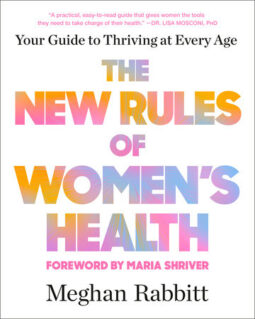 New Rules of Women’s Health (start time: 6:26) If you’re female, you may have come of age reading the landmark feminist health book Our Bodies, Ourselves. Originally published in the 1970s, it yielded several revised editions up to 2011. Well, get ready for an even more comprehensive tome. It’s called
New Rules of Women’s Health (start time: 6:26) If you’re female, you may have come of age reading the landmark feminist health book Our Bodies, Ourselves. Originally published in the 1970s, it yielded several revised editions up to 2011. Well, get ready for an even more comprehensive tome. It’s called  On today’s science show we hear from vaccine researchers Rochelle Walensky and Angela Ulrich, and physician/scientist Peyton Thompson, about the safety and efficacy of the hepatitis B vaccine. This is one of 6 that have been removed from the list of recommended childhood vaccines by the CDC. You’ll hear about the history of the vaccine regarding its complete safety and the huge reduction in disease burden following the adoption of the birth vaccine.
On today’s science show we hear from vaccine researchers Rochelle Walensky and Angela Ulrich, and physician/scientist Peyton Thompson, about the safety and efficacy of the hepatitis B vaccine. This is one of 6 that have been removed from the list of recommended childhood vaccines by the CDC. You’ll hear about the history of the vaccine regarding its complete safety and the huge reduction in disease burden following the adoption of the birth vaccine.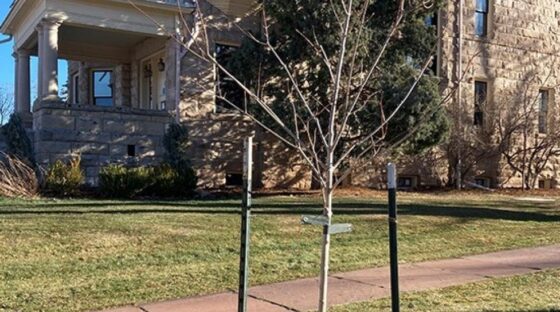
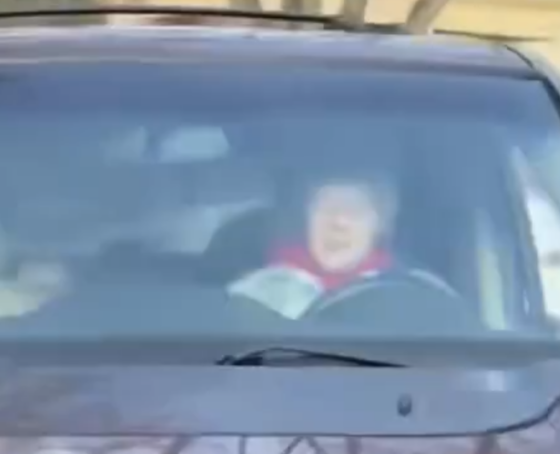
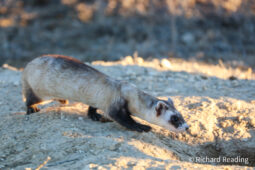
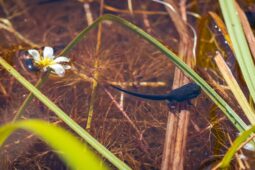
 In this week’s show Beth speaks with science writer, educator, and scientist
In this week’s show Beth speaks with science writer, educator, and scientist 